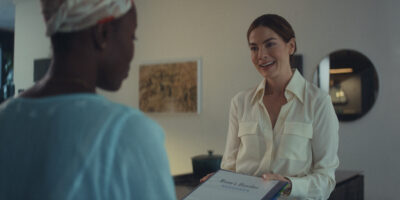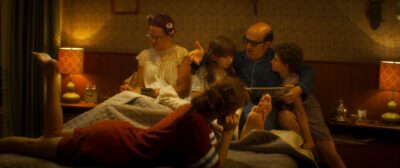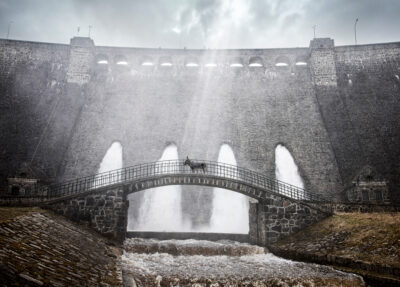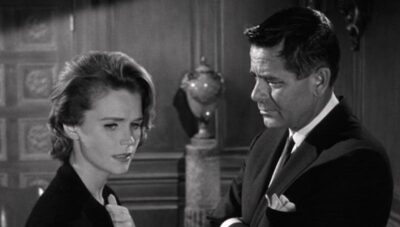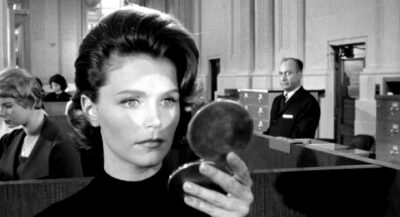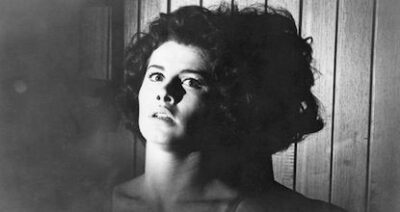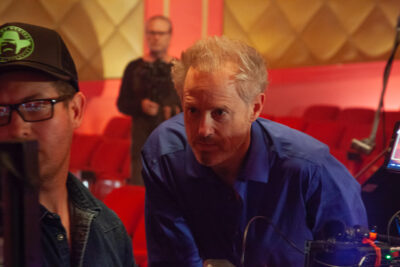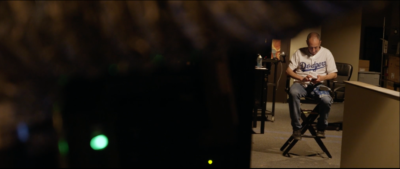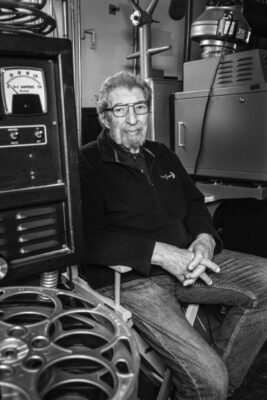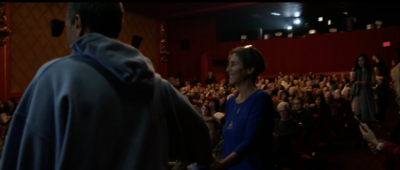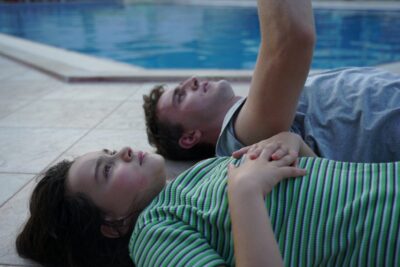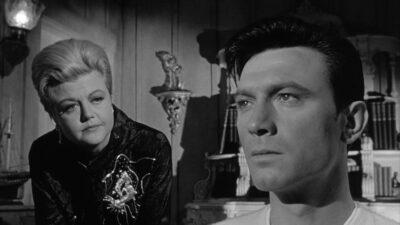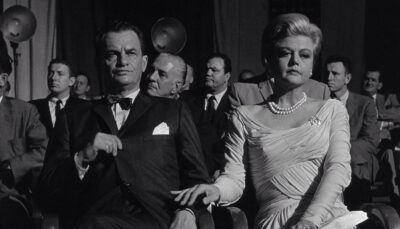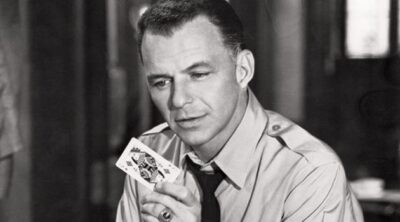Nanny, the acclaimed psychological horror fable of displacement, is about Aisha (Anna Diop), a woman who recently emigrated from Senegal. She is hired to care for the daughter of an affluent couple (Michelle Monaghan and Morgan Spector) living in New York City. Haunted by the absence of the young son she left behind, Aisha hopes her new job will afford her the chance to bring him to the U.S., but becomes increasingly unsettled by the family’s volatile home life. As his arrival approaches, a violent presence begins to invade both her dreams and her reality, threatening the American dream she is painstakingly piecing together.
Nanny won the Grand Jury Prize for drama at Sundance at the Directors to Watch award at the Palm Springs International Film Festival and is a nominee for the Someone to Watch prize at the Spirit Awards. We open the film Friday at the Monica Film Center, Claremont 5 and NoHo 7.

